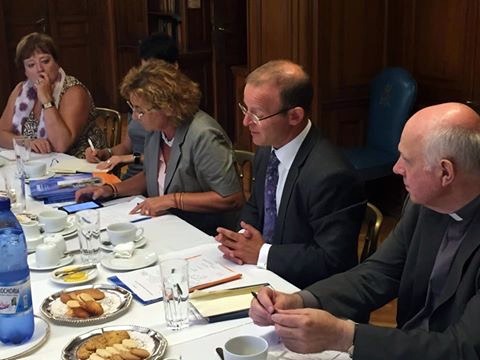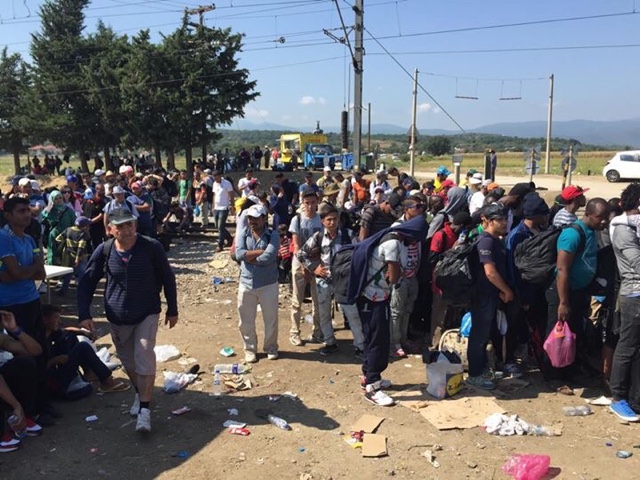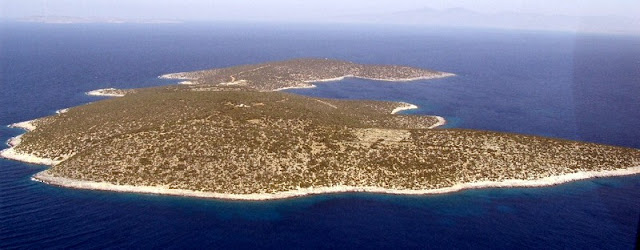Archdeacon Patrick Curran steps down as Archdeacon of the East

Fr Patrick and Lucille Curran The Synod of the Archdeaconry of the East was held in Zabreb, Croatia, at the end of last week. Clergy and lay representatives come together from what is geographically the most extensive archdeaconry in the diocese, covering central Europe, the Balkans, Turkey, the Caucasus and all of Russia. It is a tradition at this synod for members to bring an item from their own country or area to be auctioned to other members, with the proceeds going to a designated project. (There are usually some tempting items on the auction block - I bid for and won a very good bottle of Ouzo, one year, I recall). After the traditional auction that ends the Synod of the Eastern Archdeaconry, Archdeacon Patrick Curran was presented with an icon of St Cyril and St Methodius as an expression of thanks from the congregations of the Archdeaconry for his long and dedicated service to them. Fr Patrick has been Archdeacon of this area for longer than I have been a bishop in this dioce...















